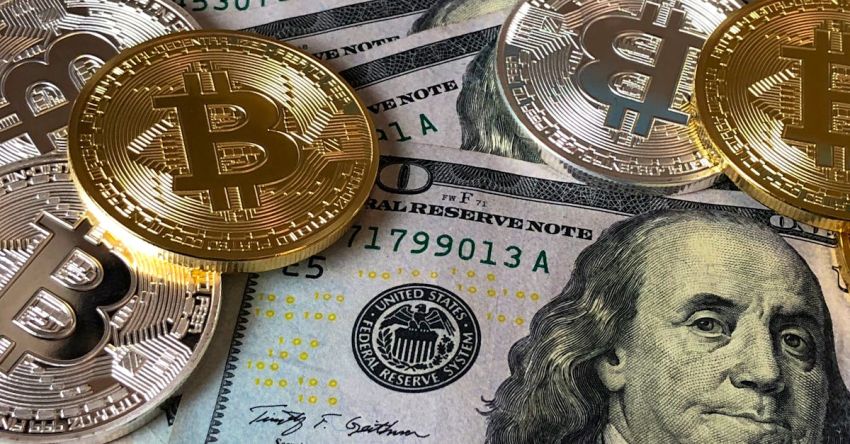In the world of currency markets, one of the key factors that significantly influences exchange rates and trading decisions is inflation. Understanding how inflation impacts currency markets is crucial for investors, traders, and policymakers alike. Inflation, the rate at which the general level of prices for goods and services rises, has a direct correlation with a country’s currency value. Let’s delve into the intricate relationship between inflation and currency markets.
Inflation’s Impact on Currency Valuation
Inflation plays a pivotal role in determining the value of a country’s currency in the foreign exchange market. When a country experiences high inflation rates, the purchasing power of its currency decreases. This decrease in purchasing power erodes the value of the currency, making it less desirable for foreign investors. Consequently, as the demand for the currency diminishes, its exchange rate weakens against other currencies.
Conversely, low inflation rates or deflation can strengthen a country’s currency. In an environment of low inflation, the purchasing power of the currency remains relatively stable, making it an attractive option for foreign investors. The increased demand for the currency can drive up its value in the foreign exchange market.
Inflation Differentials and Exchange Rates
Inflation differentials between countries also play a crucial role in determining exchange rates. The concept of purchasing power parity (PPP) suggests that in the long run, exchange rates should adjust to equalize the prices of identical goods and services in different countries. When there are significant disparities in inflation rates between two countries, it can lead to changes in their exchange rates.
For instance, if Country A experiences higher inflation than Country B, the goods and services in Country A will become more expensive relative to those in Country B. As a result, the currency of Country A is expected to depreciate against the currency of Country B to reflect the difference in purchasing power. Investors and traders closely monitor inflation differentials to anticipate potential movements in exchange rates.
Central Bank Policies and Inflation Targeting
Central banks play a critical role in managing inflation and its impact on currency markets through monetary policy decisions. Many central banks around the world adopt inflation targeting as a primary objective to maintain price stability. By setting specific inflation targets, central banks aim to control inflation within a desired range to support economic growth and stability.
When central banks raise interest rates to combat high inflation, it can attract foreign capital inflows seeking higher returns on investments. This increased demand for the country’s currency can lead to appreciation. On the other hand, central banks may lower interest rates to stimulate economic activity during periods of low inflation or deflation, which can result in currency depreciation.
Inflation Expectations and Forward Guidance
In addition to current inflation levels, currency markets are also influenced by inflation expectations and central bank forward guidance. Market participants analyze economic data, central bank statements, and forecasts to anticipate future inflation trends and policy actions. Changes in inflation expectations can impact investor sentiment and drive currency movements.
Central bank forward guidance, which provides insights into future monetary policy decisions, can also influence currency markets. Clarity on the central bank’s inflation outlook and policy direction can affect market expectations and shape currency valuations. Traders and investors closely monitor central bank communications for signals on inflation management strategies.
Adapting to Inflation Dynamics in Currency Markets
In conclusion, inflation exerts a significant influence on currency markets, shaping exchange rates and trading dynamics. Understanding the interplay between inflation, central bank policies, and market expectations is essential for navigating the complexities of currency trading. By staying informed about inflation trends and their implications, market participants can make well-informed decisions to mitigate risks and capitalize on opportunities in the ever-evolving currency markets.










